 I wonder if I’ve reviewed a Darren Aronofsky movie before? I know I’ve seen one, so… oh, hey, I could check![1] And, there it is. Black Swan. Which a) I liked quite a bit, and b) I successfully predicted Natalie Portman’s best actress Oscar for that one. Go me!
I wonder if I’ve reviewed a Darren Aronofsky movie before? I know I’ve seen one, so… oh, hey, I could check![1] And, there it is. Black Swan. Which a) I liked quite a bit, and b) I successfully predicted Natalie Portman’s best actress Oscar for that one. Go me!
To get it out of the way: Jennifer Lawrence is not going to win an Oscar for Mother! This is not a slam on her acting ability in general (which in fact is long since demonstrably solid), nor her performance here; it’s just not the kind of movie that I expect to be an Academy darling. It’s also not the kind of movie I can say virtually anything about. Here’s the blurb from imdb: “A couple’s relationship is tested when uninvited guests arrive at their home, disrupting their tranquil existence.”
That is an incredibly accurate description of the movie, that leaves aside the… I was going to say rising tension, but it’s more like ratcheting dread. A thing I thought during the first half of the movie that I still agree with now: Lawrence is basically portraying an introvert’s hell.
The surreality grows on a logarithmic scale (which to be fair is certainly a similarity to Black Swan), and I think I have no way to predict who might or might not like this movie. Me: it was nothing like what I expected, and I think its writer/director is entirely too impressed with it, but all the same, I thought it had its charms. (For one thing, both Lawrence and Javier Bardem were solid leads, despite what I said earlier about acting awards, and Michelle Pfeiffer was nearly perfect.) Mary, on the other hand, loathed it. So, y’know. Watch at your own risk?
Super annoying-to-me coda to this review: I saw the movie on Wednesday night, in a moderately exclusive Alamo Drafthouse preview showing. And then I’ve been so busy working that I couldn’t review it until post-release. Which is at least only today, instead of a week ago like usual. But: argh!
[1] Okay, inside baseball: yes, I realized I could check before I typed that faux realization, BUT, I realized it after I asked the question. So that counts, right?
 The biggest problem with
The biggest problem with 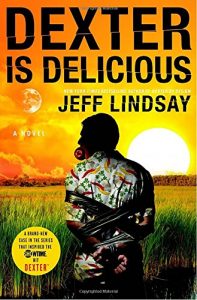 Apparently, the last Dexter book I read was over five years ago, when
Apparently, the last Dexter book I read was over five years ago, when 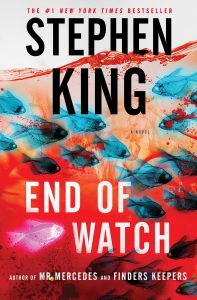 There was a time when I claimed that
There was a time when I claimed that 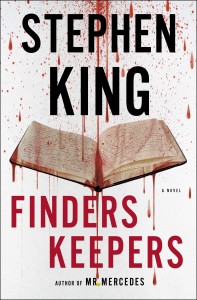
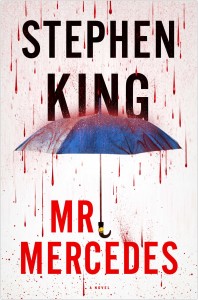
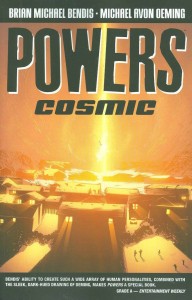
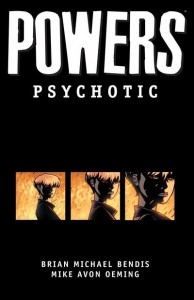
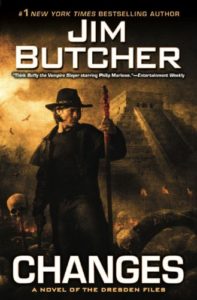 If you were looking for the book with the most understated title, I would definitely offer into contention
If you were looking for the book with the most understated title, I would definitely offer into contention